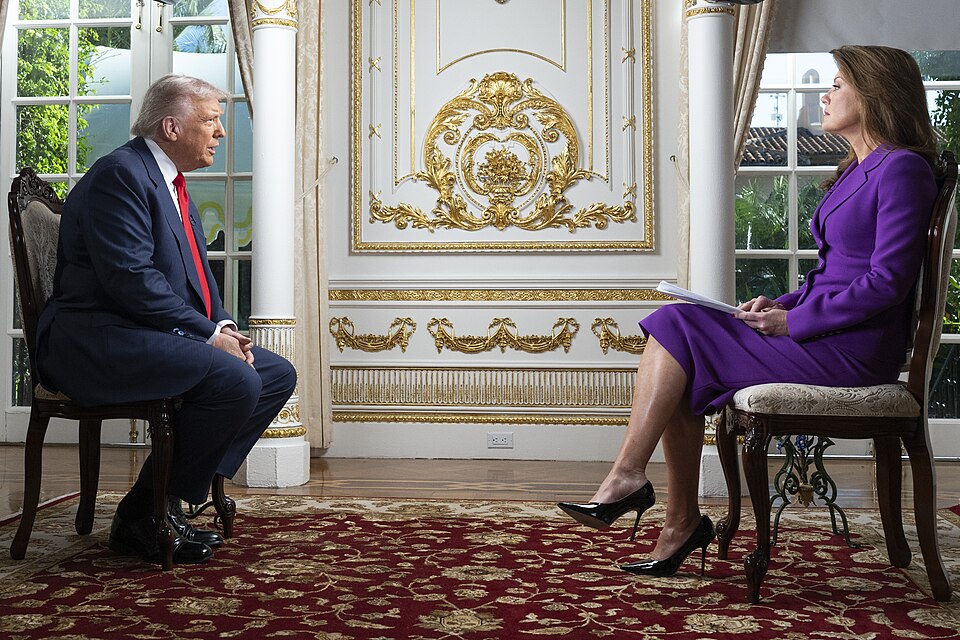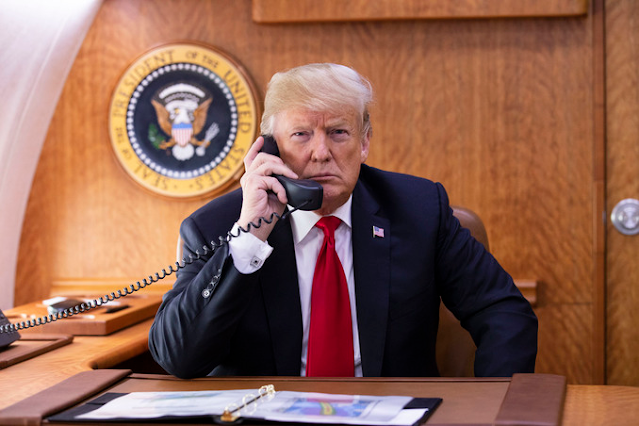Section 2(d) of Trump’s executive order took his citizenship campaign one step further—and one step too far. It ordered federal and state agencies that provide public services, like food stamps or disability assistance, to assess a person’s citizenship before even handing them a voter registration form. The court struck this down with sharp clarity.
Under existing law, these agencies are required to offer voter registration opportunities without discrimination or delay. The National Voter Registration Act ensures that every citizen interacting with public service offices gets equal access to register. What Trump tried to do here wasn’t just a bureaucratic change—it was a fundamental shift in how Americans are treated under the law. The court called out the lack of authority behind this move: the president has no power to unilaterally force states to screen voters in this way.
Critically, the ruling emphasized that no law allows the president to conscript state agencies to enforce federal election requirements—especially ones Congress never authorized. By injecting this demand into agencies that serve vulnerable populations, the administration risked chilling registration efforts among poor Americans who already face barriers to participation.
The court warned that this requirement would have created unnecessary confusion and additional costs, forcing states to revamp systems and train workers on rules that don’t legally exist. It also found the Executive Order in direct conflict with Congress’s intent to streamline voter registration, not complicate it.
Ultimately, the judge sided with the states, highlighting that this wasn’t about election integrity—it was about overreach. And the people who stood to lose the most weren’t noncitizens—they were everyday Americans trying to exercise a constitutional right.





